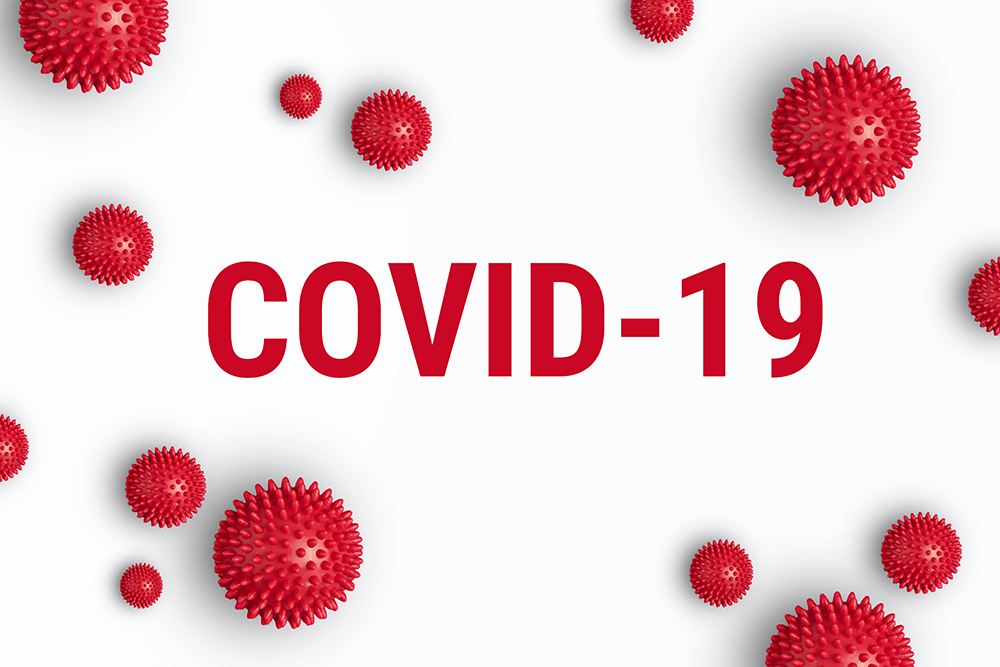When most people think of COVID-19 and its symptoms, their minds likely go to things like fever, cough, and shortness of breath. However, in serious cases it can wreak even more havoc in the body, including in the veins.
Located in New Hyde Park, New York, the North Shore Vein Center is a nationally-recognized center for excellence under the guidance of Dr. Mark Schwartz and our highly skilled staff. Whether the issue is varicose veins, facial veins, spider veins or more, we offer a variety of minimally-invasive treatments with state-of-the-art equipment for the best possible results.
COVID-19
Originally discovered in China in late 2019, COVID-19 began rapidly spreading around the world by early 2020. Caused by SARS-CoV-2, a type of coronavirus, COVID-19 is typically considered a respiratory tract infection that can attack the upper and/or lower respiratory systems. Its most well-known symptoms are fever, cough, and shortness of breath/trouble breathing, though other problems can also accompany infection like sore throat, fatigue, body aches, and chills. Loss of smell or taste can occur in some people, as well as nausea and diarrhea.
Vein issues
In addition to the more common symptoms, doctors have found COVID-19 can affect the vascular system, including the veins, heart, brain, and blood. While experts aren’t exactly sure of all the specifics, they theorize in some people the illness may cause everything from blood clots to heart attacks and cardiac inflammation as the virus attaches to the ACE2 receptors on cells that line the blood vessels.
One group of researchers found blood clots which can severely compromise blood flow in the lungs, brain, heart, and other areas are related to blood vessels that are damaged. This devastation results in a unique healing reaction that was found in patients who had COVID-19 at 30 times greater than normal levels.
Keeping veins healthy
For people diagnosed with severe cases of COVID-19, it is possible treatment with anticoagulants may help prevent serious complications like strokes, deep vein thrombosis, heart damage, and more.
Staying healthy in general and encouraging healthy veins in particular certainly can’t hurt, especially since individuals with diabetes, serious heart conditions, and certain other medical ailments may be at higher risk for a more severe case of the illness.
Staying active is key to keeping the veins in good shape. Exercise is important, but so is getting up regularly to walk around if you have a desk job. Strive for a well-balanced diet, including lots of fruits and vegetables which encourage good circulation and healthy vein walls. Finally, don’t smoke (or quit if you do). Tobacco smoke’s chemicals can thicken the blood while nicotine can result in veins hardening and narrowing.
If you suspect you have vein issues, call our office at 516-231-1934 to learn what you can do now to remedy them and get as healthy as possible for the future.

